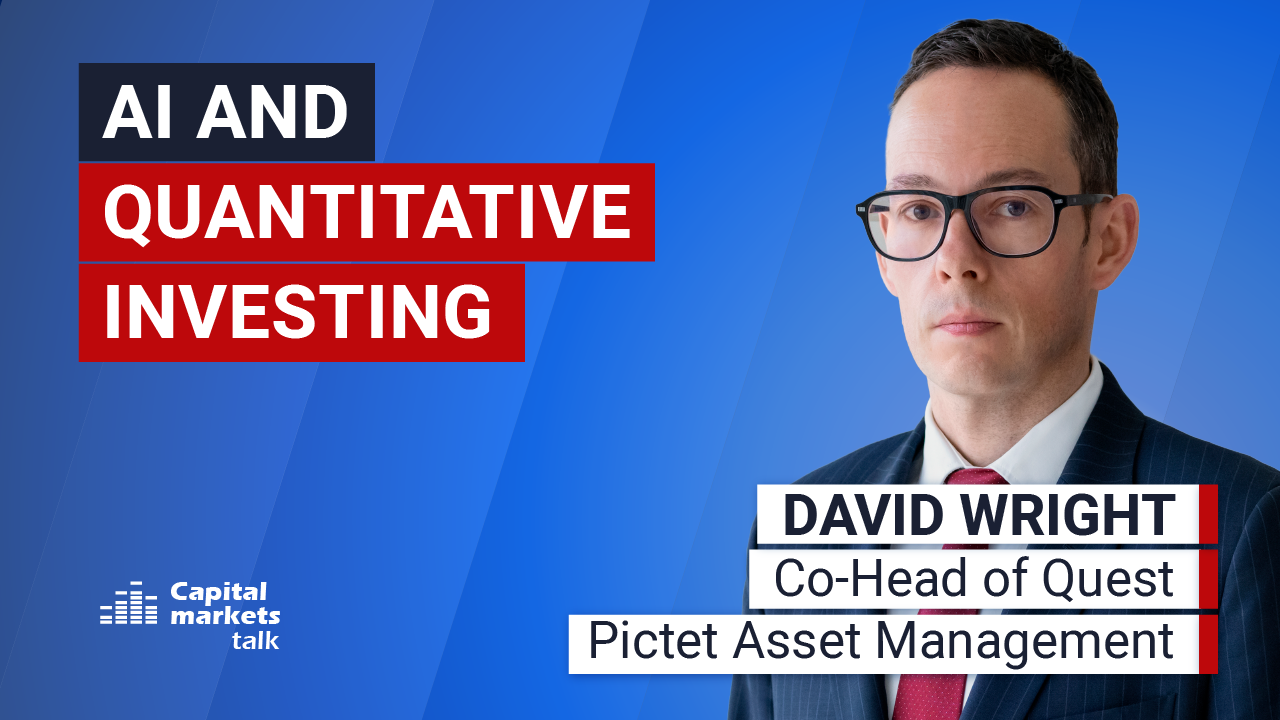Global warming and climate change have brought ESG investing into focus, but most stakeholders often fail to consider the financial value of biodiversity. Abrdn in a recent insight report cites the World Economic Forum saying that over half of the world’s economic output (~$44 tn) is dependent on nature and healthy ecosystems.
Changing regulatory environments and a better understanding of the impact on the markets pushed biodiversity loss higher on investors’ priority list. The investment management firm says regulators are tightening rules for sustainability and investors as well as companies need to prepare for increased regulation. This is in addition to the consumer consciousness around sustainability.
Abrdn says that while renewed scrutiny and awareness bring fresh risks, they also bring new products and services. The investment management firm lists the sectors which are most dependent on healthy ecosystems — agriculture; food and beverages; healthcare and pharmaceuticals; fisheries and extractives. It goes on to list several financial risks and opportunities attached to the loss of biodiversity and sustainability.
“Biodiversity loss and climate change are interlinked and investors have an opportunity to address both crises at the same time,” says Ann Meoni, Senior Responsible Investment Analyst, ESG Investment, adding that Abrdn is exploring biodiversity loss with priority as part of its ESG investment plan. The investment management firm suggests that investors need to move away from the idea that restoring a healthy ecosystem is a cost and must instead view it as an opportunity to support economies.
View the full insight report here.
Read more

Global Trade
Trump ignites global trade war / Reactions
The USA itself will be the victim of Trump’s trade policy.

Private Debt
The case for private debt in real asset financing
What makes the combination of private debt and real assets particularly compelling in today’s market?

Schroders
Looking ahead: 30-year return forecasts
Higher returns are expected across asset classes, driven by stronger productivity growth for equities and elevated long-term central bank rate projections for bonds.

Quant Investing
AI and quantitative investing
Artificial intelligence applications go way beyond stock selection.

Bellevue Asset Management
Demographics and AI drive MedTech stocks
MedTech investment case: What makes it attractive, which trends stand out?





















